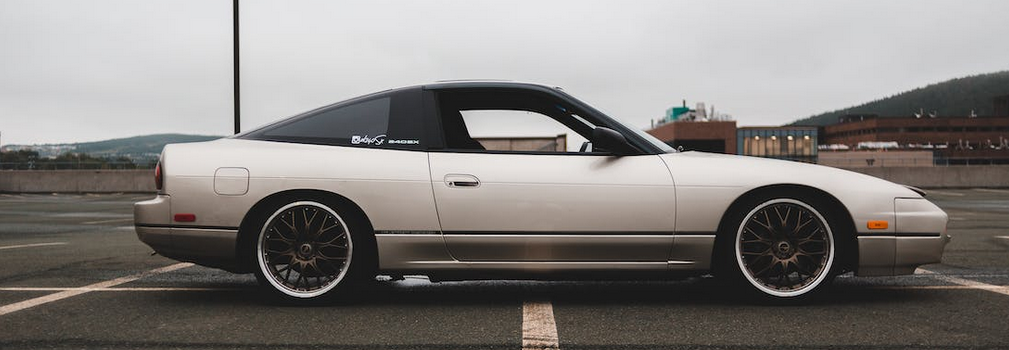
Myths About Engine Braking Being Bad for Your Car Debunked
If you’re a proud car owner, whether with a giant motor or not, you may have been familiar with the term “engine braking.” This system can assist our braking system but also come with several downsides. In fact, there are a lot of myths out there about engine braking being bad for your car. People seem to think that if you use your engine to slow down, you will wear out your brakes and damage your vehicle. But is this really true? This blog post will debunk the myths about engine braking and show you that it is a very safe way to slow down your car.
Engine Braking Makes Your Brakes Wear Out Faster
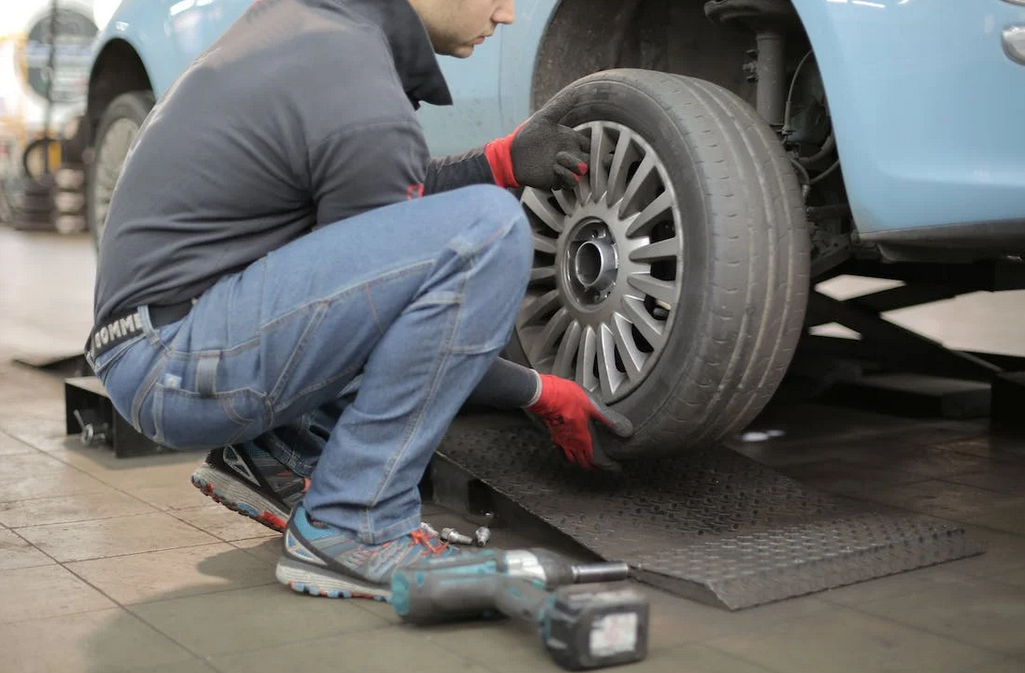 One of the most common myths about engine braking is that it makes your brakes wear out faster. This is simply not true. In fact, engine braking can help extend your brakes’ life by reducing the amount of wear and tear on them.
One of the most common myths about engine braking is that it makes your brakes wear out faster. This is simply not true. In fact, engine braking can help extend your brakes’ life by reducing the amount of wear and tear on them.
When you use your brakes to slow down, they have to work harder and get hotter, which can cause them to wear out faster. But when you use engine braking, the brakes don’t have to work as hard, so they don’t get as hot and won’t wear out as quickly.
Engine Braking Damages Your Transmission
Another myth about engine braking is that it damages your transmission. Again, this is not true. Engine braking actually puts less stress on your transmission than using your brakes to slow down. When you use your brakes to slow down, the transmission has to work harder because it constantly shifts gears to keep up with the speed changes. But when you use engine braking, the transmission doesn’t have to work as hard because it stays in the same gear.
Engine Braking Is Only Useful on Steep Hills
 Aside from that, many people believe that engine braking is only helpful on steep hills. But the truth is, engine braking can be useful in various situations, not just on steep hills. Engine braking can be helpful when approaching a stop sign or stoplight, and you don’t want to come to a complete stop.
Aside from that, many people believe that engine braking is only helpful on steep hills. But the truth is, engine braking can be useful in various situations, not just on steep hills. Engine braking can be helpful when approaching a stop sign or stoplight, and you don’t want to come to a complete stop.
It can also be helpful when you’re driving in stop-and-go traffic and want to avoid wearing your brakes.
You Can’t Use the Clutch to Slow Down Your Car
Are you also a victim of a myth that goes, “you can’t use the clutch to slow down your car?” It is not true. You can use the clutch to slow down your car, but it’s not as effective as using the brakes. When you use the clutch to slow down, you’re actually putting more stress on the transmission because it has to constantly shift gears. So, while you can use the clutch to slow down your car, it’s not the best way to do it.
Engine braking is a great way to slow down your car without damaging your brakes or transmission. So next time you approach a stop sign or stoplight, try using engine braking instead of just hitting the brakes. You may be surprised at how well it works. As a side note, if you have an automatic transmission, engine braking can help extend your transmission’s life by reducing the amount of wear and tear on it.

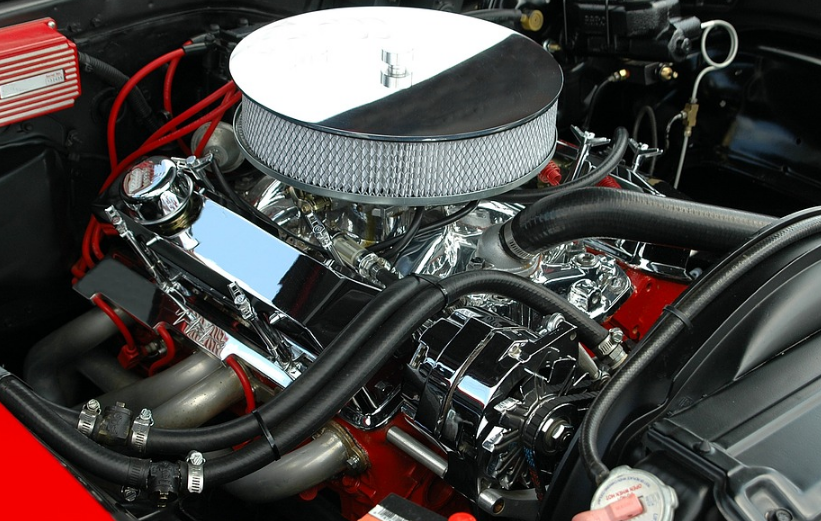
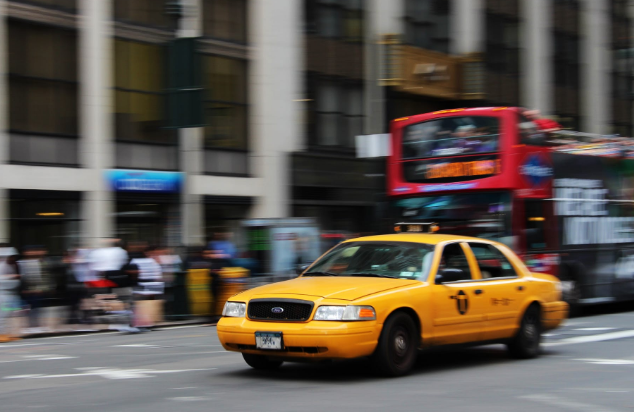
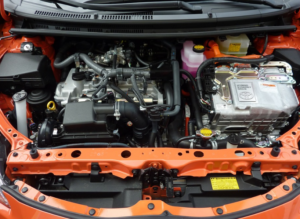 Occasionally a motor could delay for no clear reason. The terms where it stalls can provide you a few hints about where the possible problem could be found. The
Occasionally a motor could delay for no clear reason. The terms where it stalls can provide you a few hints about where the possible problem could be found. The